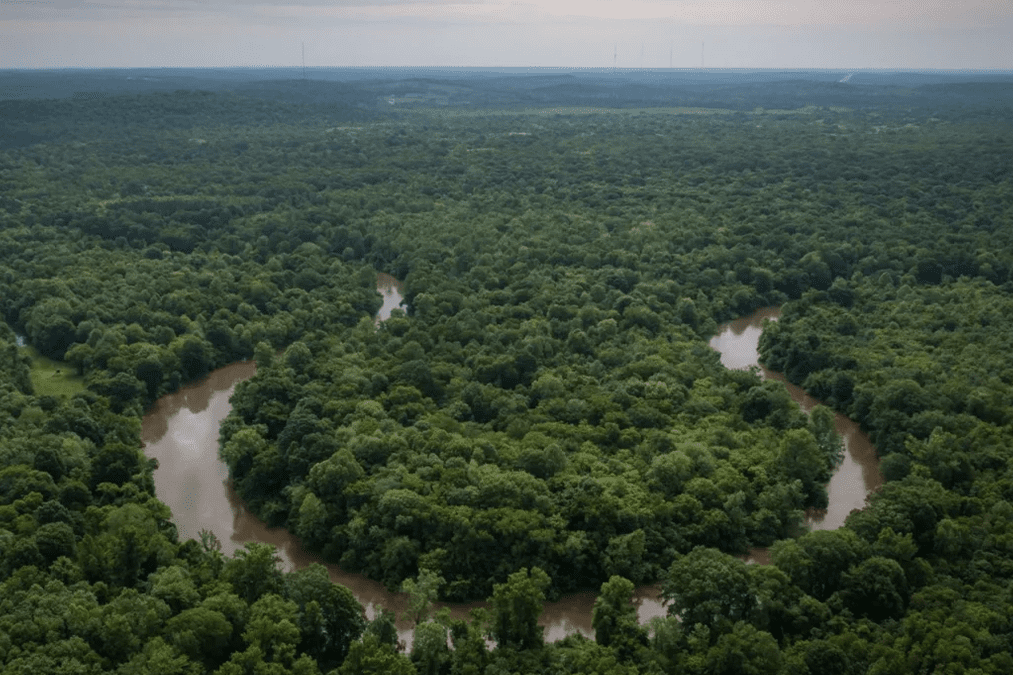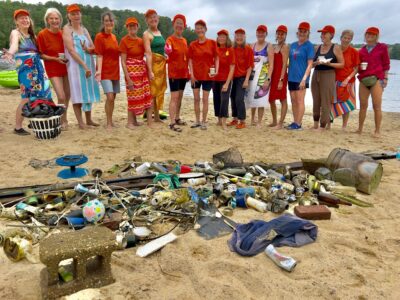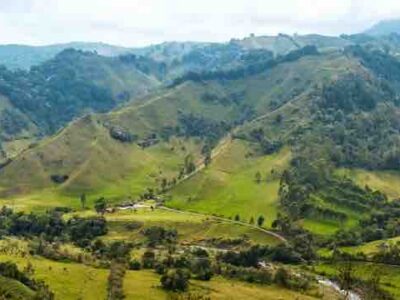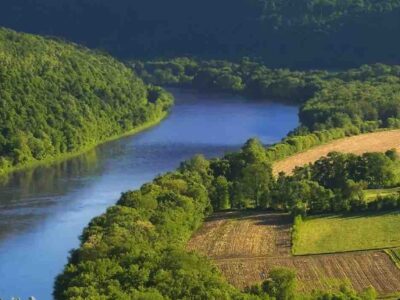Central Georgia’s natural side is getting a facelift. The state is on the verge of making significant expansions to the Ocmulgee Mounds, a nationally-designated historical site in the region. The move will promote conservation statewide while improving the state’s standing as a can’t-miss destination for the growing “eco-tourist” demographic.
Centered around the mounds and the 54 river miles of the surrounding floodplain, the newly named Ocmulgee National Park and Preserve will look to honor thousands of years of Indigenous tradition. It will focus on adding another 900 sites of cultural importance to its federally protected borders and improve accessibility to contend with an uptick of first-time hikers.
The Macon, GA, expansion will be one of the earlier tests for the Department of the Interior’s Tribal Homelands Initiative.
The program helps facilitate funding efforts to purchase land for conservation while requiring stewards to collaborate with Indigenous groups on tradition-based methods of preserving these spaces.
The agency designed the initiative to work cooperatively with local landowners who might live near desired expansion areas. Rather than using eminent domain, a somewhat controversial tactic that allows the federal government to purchase private plots for public use, it will work with local agencies to raise funds that will then be used to entice willing private sellers.
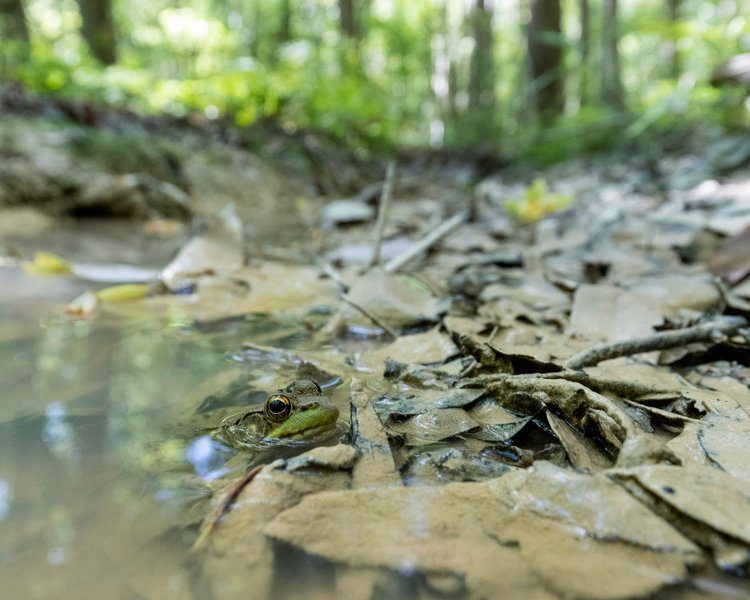
“This kind of land acquisition represents the best of what our conservation efforts should look like: collaborative, inclusive, locally-led, and in support of the priorities of our country’s tribal nations,” said Interior Secretary Deb Haaland at Ocmulgee’s 30th Annual Indigenous Celebration last September.
The expanded park will also continue to allow seasonal hunting of invasive feral hogs, a net ecological benefit.
It also is a uniting factor for many state Republicans on what would traditionally be seen as a Democrat-led conservation effort. This de facto expansion of potentially available hunting land combined with millions in anticipated tourism revenue has created excitement among Georgians of all backgrounds.
“It’s a game changer for this region,” said Seth Clark, Macon-Bibb county commissioner. “Reimagining our economic vitality through a sense of ecotourism is something that I just think is huge for this community.”
Clark’s positivity over what is expected to be an influx of park-related tourism revenue is shared by experts around the state as they look to measure the anticipated economic impact of an expansion.
Once Macon’s various government-owned plots are joined together, estimates see Georgia welcoming about a million more visitors annually. This increase is a massive get for local economies, only now returning to pre-pandemic activity levels. The additional tourists would bring in an estimated $187 million in annual revenue and $30 million in taxes, on top of creating 3,000 new jobs for state residents.
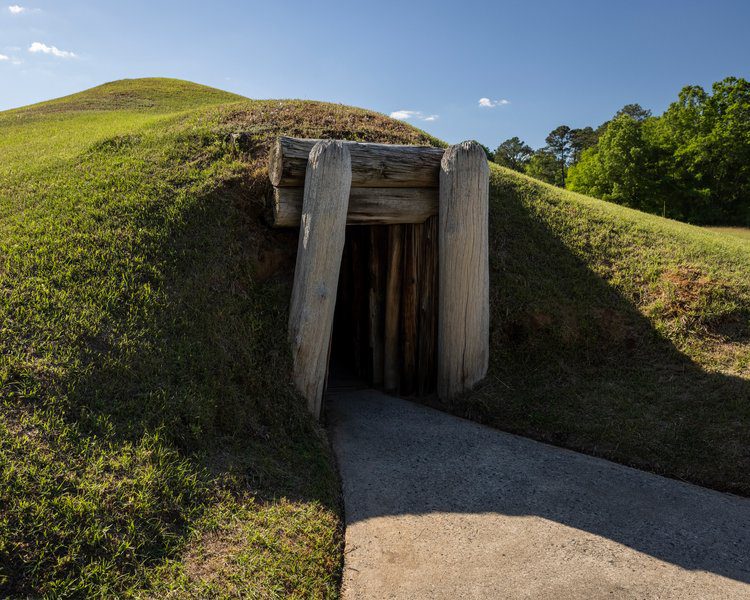
Assisting the conservation effort is the Tribal government of Okmulgee, OK. Despite being four states away, the Okmulgee government has purchased 130 acres of sought-after land bordering the preserve.
As of now, the plan is simply to help the movement by allowing the area to continue as undeveloped, motivated by the fact that the park is the true hometown of Okmulgee’s Indigenous people.
“Our history is here. Our ancestors are here. Our stories started here. And we are committed to ensuring that this cherished site is protected,” said Okmulgee Principal Chief David Hill.
Chief Hill’s ancestors and the rest of the community’s now-97,000 residents were forced off the land centuries ago as part of the infamous Trail of Tears. The movement culminated in the forcible removal of around 100,000 Indigenous people from their homes by settlers. “The things we do now, it’s for our future generations. I don’t want them to go through that. So Oklahoma is home, but this is still our original home,” Hill said.

